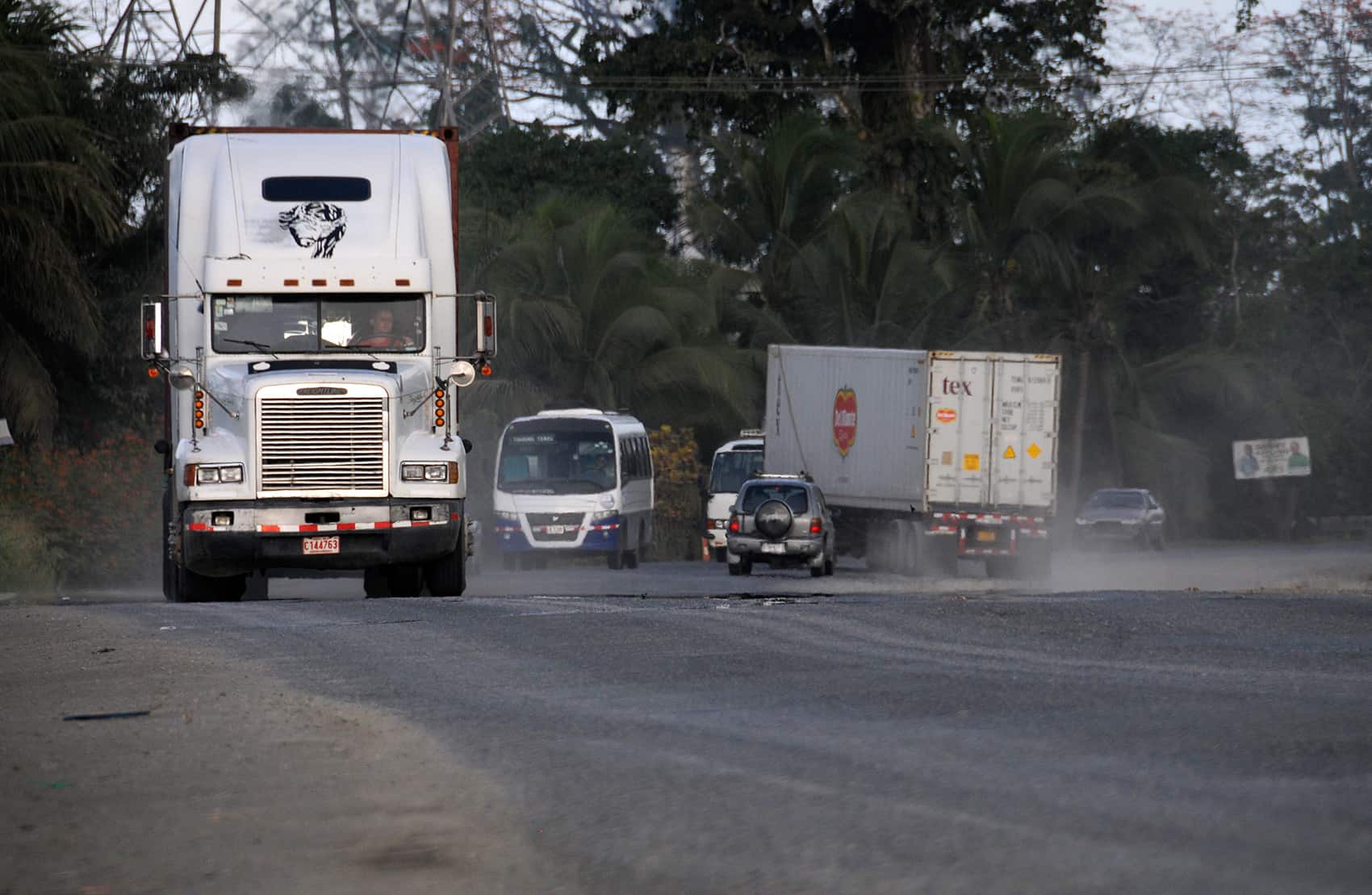Limón residents angered by a delay in legislation to expand Route 32, the main highway connecting Costa Rica’s capital with the Caribbean coast, descended on San José’s Legislative Assembly Wednesday, and the target of their ire was Citizen Action Party lawmaker Manrique Oviedo.
Protesters hurled insults at Oviedo, who they blame for delaying a roadway expansion bill, and accused him of filibustering the bill in the Assembly’s Financial Affairs Commission.
Assembly security escorted the lawmaker to and from his office as vocal protesters began shoving Assembly staff members.
Oviedo has argued the project’s $165 million price tag is too high, and exceeds initial cost studies.
National Roadway Council official Marco Antonio Rojas fired back, saying “a price overrun does not exist.” What drove up the cost from initial studies was the addition of pedestrian bridges and bus stops among other features, he said.
Oviedo reportedly aggravated the situation, however, by calling protesters “indios,” a derogatory term that means “indians.”
Social Christian Unity Party lawmaker Walter Céspedes, a representative from Limón, reprimanded Oviedo for his use of the offensive word.
The Financial Affairs Commission on Thursday began discussing 15 pending motions that must be cleared before the bill is sent to a vote.
The highway expansion project was awarded in a public bid last October to China Harbour Engineering Company (CHEC), and will be financed with a loan of $395 million that lawmakers approved earlier this month.
But critics are questioning irregularities in the loan package, as well as the manner in which it was negotiated with CHEC.
The China Communications Construction Company, one of the companies that earlier merged to form CHEC, was included in a 2009 blacklist by the World Bank over fraud and corruption allegations concerning infrastructure projects in the Philippines.






